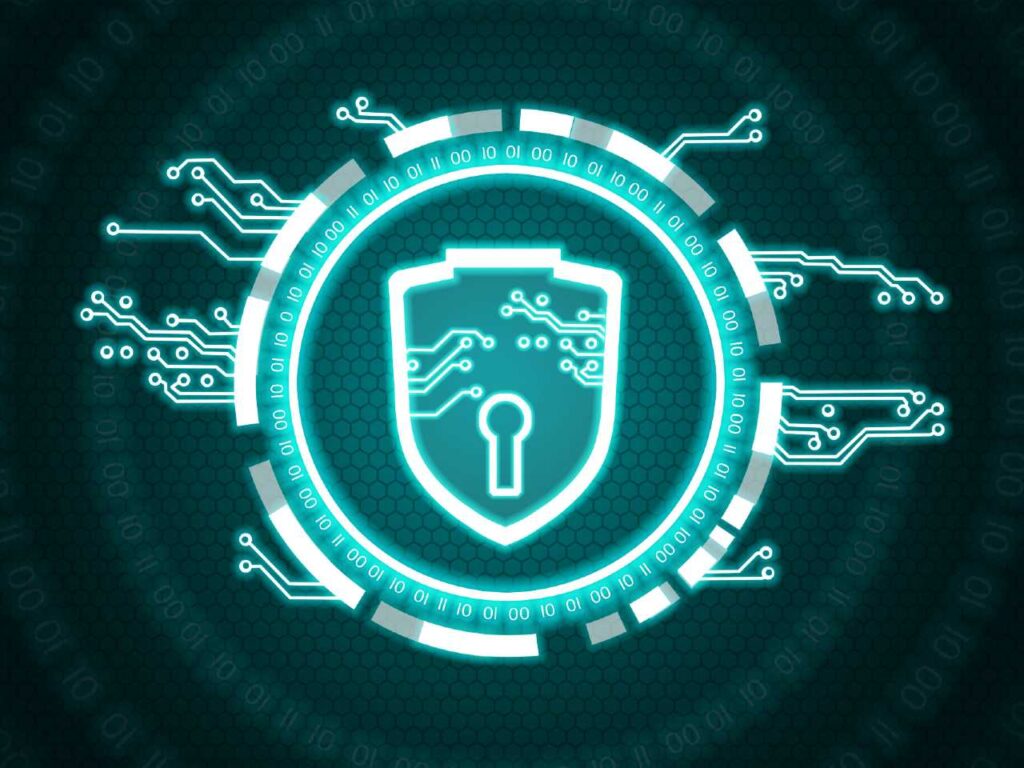Vladimir Levin is a Russian mathematician and computer hacker. He came to prominence in 1995 when he was accused of unauthorized access to Citibank’s computers and succeeded in transferring about $10.7 million to various global accounts.
Despite renowned security measures, Levin and his group exploited a flaw in the system, making this one of the most iconic cases of cybercrime.
Stay One Step Ahead of Cyber Threats
After a coordinated international manhunt, Levin was arrested and sentenced. His case has remained a prominent example in discussions about cybersecurity and cybercrime ever since.
Levin’s Early Life and Background
Vladimir Levin was born and raised in Russia and showed an aptitude for mathematics from a young age. Aligning his innate problem-solving skills with a growing interest in technology, he pursued a degree in Biochemistry from Saint Petersburg State University. However, his fascination with computers blossomed during his college years, establishing the foundation for his later exploits.
Beyond his formal education, Levin also spent significant personal time exploring the realm of computers and technology. Particularly drawn to the potential of the internet and computational systems, he honed his skills through self-education, progressively delving into more complex aspects of computer science. This exploration and mastery of complex computational systems eventually evolved into a proficiency that allowed him to carry out one of the most infamous cyber heists of the 20th Century.
The Citibank Heist
In 1995, Vladimir Levin targeted Citibank, one of the world’s leading financial institutions, executing a cyber heist that was unprecedented at the time.
With meticulous planning and knowledge of system vulnerabilities, Levin and his team managed to access Citibank’s computer systems illegally.
Masterfully exploiting a security flaw, Levin transferred approximately $10.7 million from various accounts to different locations. This fraudulent transfer occurred without the account holders or the bank discerning what was happening, demonstrating the potency of Levin’s hacking skills.
Levin’s actions did not go unnoticed for long. Upon discovering the theft, Citibank and international law enforcement agencies embarked on a pursuit that led to Levin’s arrest in the UK. Charged with his cybercrimes, Levin was extradited to the United States, where he later faced trial and sentencing.
Impact on Cybersecurity
Although Vladimir Levin’s cybercrime was detrimental to Citibank, his actions inadvertently showcased the vulnerabilities inherent in even the most secure financial institutions’ systems. His audacious heist served as a wake-up call for corporations worldwide about the potential dangers of cybercrime.
Furthermore, Levin’s case highlighted the need for rigorous cybersecurity measures, prompting banks and other institutions to reevaluate and bolster their cybersecurity structures. This realization gradually led to the development of modern security standards, encryption methods, and multi-factor authentications implemented in today’s digital transactions.
In essence, Levin’s case influenced how cybersecurity evolved, bringing about a wave of improved defenses against cyberattacks. Simultaneously, his actions continue to serve as a potent reminder of the potential data security threats, emphasizing the need for constant vigilance and cybersecurity advancements.
Conclusion
Vladimir Levin’s prodigious hacking skills, coupled with his audacious infiltration of Citibank, mark him as a significant figure in the annals of cybercrime. While certainly ignominious, Levin’s activities have undoubtedly shaped global awareness and responses to cybersecurity threats, ultimately leading to more secure and robust defenses in our digital age.
Key Takeaways
- Vladimir Levin is a notable figure in the history of cybercrime due to his infiltration of Citibank’s secure systems, resulting in a significant financial heist.
- His actions led to a comprehensive reassessment of cybersecurity measures in financial institutions and other organizations worldwide, promoting the development and implementation of stronger defenses.
- Levin’s case is a continuous reminder of cyber threats’ existence and potential impact, emphasizing the need for constant vigilance and regular updating of cybersecurity protocols.
- The arrest and sentencing of Levin also exemplify the role of international cooperation in combating cybercrime, setting a precedent for similar cases.
- Though his actions caused harm, Levin’s case indirectly enhanced security and further cybersecurity innovations, shaping how we protect our digital space today.
Related Questions
1. What happened to Vladimir Levin after his arrest?
Following his arrest, Levin was extradited to the United States, where he faced trial. He was sentenced to time in prison and ordered to pay back a significant portion of the stolen money.
2. Was all the stolen money from Citibank ever recovered?
Citibank managed to recover a large portion of the $10.7 million stolen by Levin, though some funds remained unaccounted for.
3. What were the crucial factors that led to Levin’s arrest?
International cooperation, especially between UK and US law enforcement, and Citibank’s own investigative efforts were crucial in leading to Levin’s arrest.
4. What cybersecurity measures have banks taken in light of cases like Levin’s?
Many banks and financial institutions have since bolstered their cybersecurity measures, adding multi-factor authentication, advanced encryption methods, and stringent security protocols to protect against unauthorized access.
5. Is the threat of cybercrime still significant today?
Despite advancements in cybersecurity, the risk of cybercrime remains high due to the ever-evolving nature of technology and techniques used by cybercriminals. This underscores the need for ongoing vigilance and constant enhancements to cybersecurity measures.
"Amateurs hack systems, professionals hack people."
-- Bruce Schneier, a renown computer security professional






